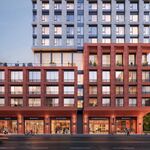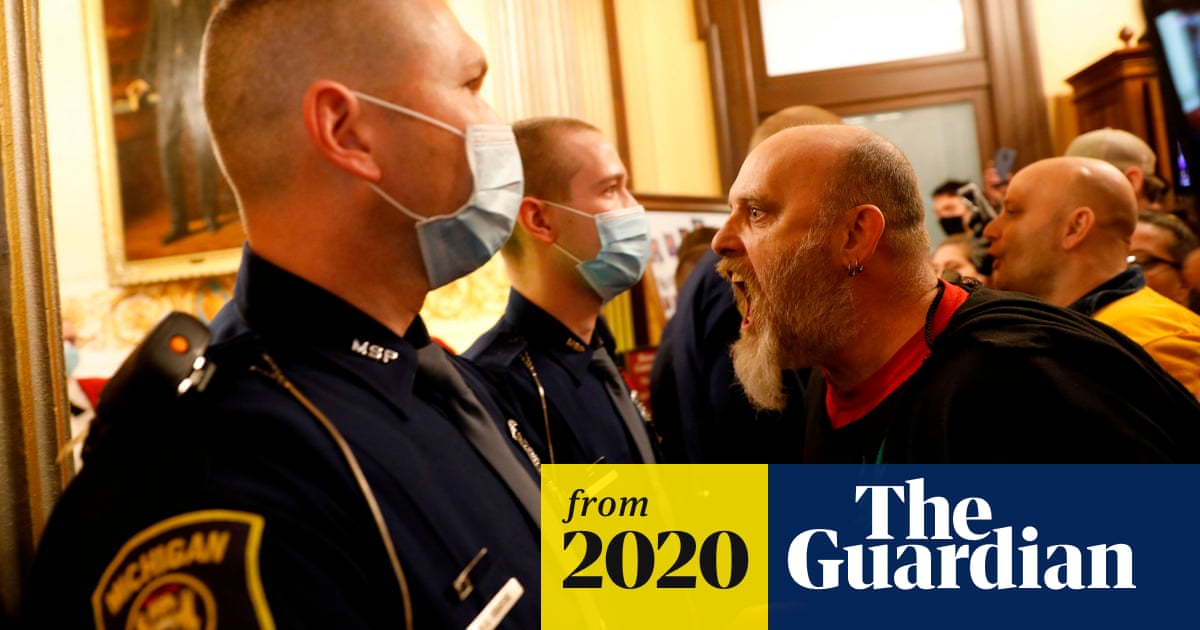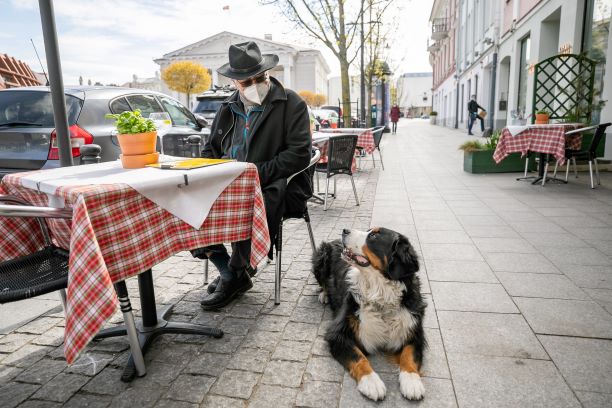Earlier this week, Vilnius, capital of Lithuania, announced that the city is set to become “
one giant outdoor cafe.” The municipality plans to take their restaurants into the city’s public squares, plazas, and streets, creating a sprawling space dedicated to cuisine.
“Nearby cafés will be able to set up outdoor tables free of charge this season and thus conduct their activities during quarantine. Just open up, work, retain jobs, and keep Vilnius alive,” the city’s Mayor, Remigijus Šimašius, declared, following the government’s announcement about easing quarantine restrictions.
“Of course, the top priority remains safety for all.”
Considering wide-open squares and outdoor plazas aren’t aplenty in downtown Toronto, implementing an initiative like this one on home soil would look different. But that doesn’t mean it couldn’t be done.
In fact, there are several convincing arguments for why it’s necessary.
“Losing our main street and neighbourhood cafes, and locally-accessed restaurants, entrepreneurs, and communities is an incredible cost to our neighbourhoods and societies at large,” says Jennifer Keesmaat, CEO of The Keesmaat Group, and former chief city planner for Toronto.
“Using public space in a fundamentally different way is what’s so profound about what [Vilnius] is proposing.”











